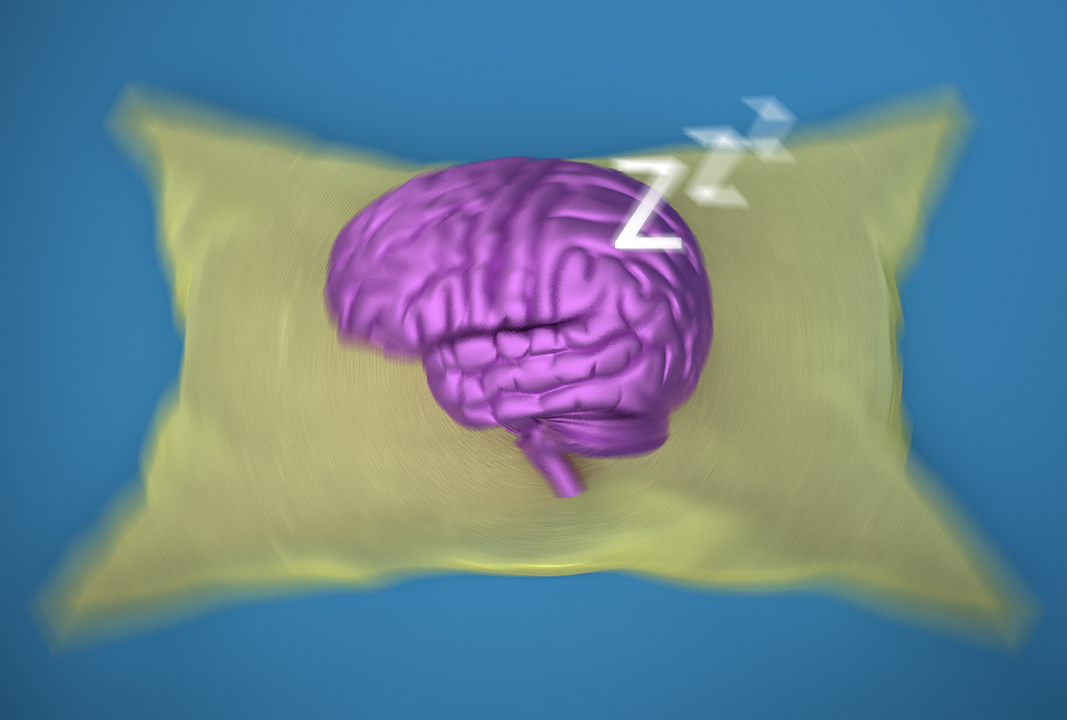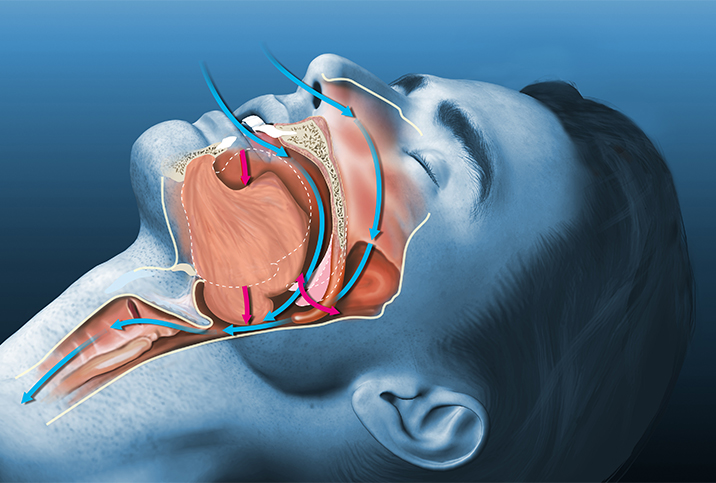Tips for Better Sleep

Despite its importance, millions of Americans struggle on a regular basis to get adequate sleep. According to the National Sleep Foundation, about 7 in 10 Americans encounter frequent sleep problems.
How much sleep is enough sleep? According to the Mayo Clinic, your number depends on various factors, especially your age. For instance, newborns need 14 to 17 hours of sleep per day, teenagers need eight to 11 hours of sleep and adults can get by with seven to nine hours.
It's important to remember both the quantity and the quality of sleep matter. When sleep is frequently interrupted, the quality of your rest suffers. Even though you may feel fresh after sleeping for only a few hours here and there, you will experience the effects of low-quality sleep throughout the day. In fact, research has found individuals don't perform as well on complex mental tasks when they don't get enough quality sleep over a period of several days.
How sleep impacts your health
Sleep is the body's way of recharging and preparing for the next day. And though we typically see sleep as solely a restful act, the brain and body stay busy completing important biological tasks while you drift off to dreamland.
When you sleep, your body basically goes into housekeeping mode. According to the National Institute of Neurological Disorders and Stroke, your brain uses sleep as an opportunity to store new information and get rid of toxins. Sleep also gives the nerve cells in the brain time to communicate and reorganize so they can continue to function in a healthy way. While the brain does this, the body releases important hormones and proteins and repairs cells to restore your energy.
That's why you don't feel great when your sleep is interrupted or when you don't sleep at all—because your brain didn't get to the work it was supposed to.
In the short term, not getting enough sleep can make it hard to stay focused the next day, difficult to complete complex tasks and leave you with an overall groggy feeling. The resulting lack of energy can interfere with your work performance or result in a safety risk, especially for tasks such as driving or operating heavy machinery.
According to the National Heart, Lung and Blood Institute, a chronic lack of adequate sleep can lead to a variety of diseases and other health complications, such as obesity, heart disease, high blood pressure, diabetes and stroke.
Strategies to improve your sleep
Sometimes we don't get enough sleep simply because we take its importance for granted, which can result in sacrificing a few hours of your nightly sleep to binge the last few episodes of the latest show on Netflix.
Oftentimes, a lack of sleep doesn't necessarily indicate a lack of trying. For whatever reason, studies show about 35 percent of adults in the U.S. don’t get enough sleep on a regular basis, according to the National Sleep Foundation.
While persistent sleep problems may be a sign of a sleep disorder or other underlying issues, there are factors you can control that can help improve your sleep.
Here are some tips you can use throughout the day to help improve your sleep.
Be mindful of your diet. Studies indicate that maintaining a balanced diet can help improve your sleep. It's also important to make sure you don't go to bed hungry or feeling too full. Doing so can result in hunger pangs or overall discomfort, which could interfere with your sleep. You should also limit nicotine, alcohol and caffeine intake. The stimulating effects of these substances can last well into the night, making it difficult for you to get the quality sleep you need. And even though alcohol might make you feel drowsy, its chemicals can mess up your sleep later in the night, according to the Mayo Clinic.
Avoid long naps. Studies have shown short cat naps ranging from 20 to 30 minutes may be effective in boosting energy. However, taking long naps late in the day can make it much more difficult to fall asleep and stay asleep through the night.
Exercise regularly. Setting aside a few minutes each day for physical activity—whether it be a run or a walk around the block—has been found to promote restful sleep at night.
Calm your mind. If your mind starts racing the second your head hits the pillow, it will be difficult to fall asleep. One way to combat this is to write in a journal or make a list of all the things you need to do the next day, or write about the things bringing you anxiety or stress. Getting it all down on paper can provide an emotional release and prepare you for sleep. Meditation and deep-breathing exercises right before bed can also put you in a better headspace to sleep.
There are other things you can do as you get ready for bed that will improve your sleep. First, make sure wherever you're going to sleep is a calm and restful environment. Limiting the amount of light in your bedroom and tidying up before sleep can help ease your mind and ready your body for sleep.
Additionally, creating bedtime routines can help you sleep better. Get creative to find what works best for you—it may be a warm bath in the evening or a hot cup of decaf tea.
Another essential key to improving your sleep is to keep a consistent sleep schedule. Try to schedule your day in such a way that allows you to go to bed at roughly the same time each day. And if you're unable to fall asleep within the first 20 minutes of lying down, get out of bed and do something until you start to feel tired enough to try to sleep again.
Don't let the effects of "social jet lag" become a sleep impediment. That term refers to weekends, when people tend to sleep in, which makes it more difficult to wake up on Monday. Sleeping in up to an hour from a normal workday wakeup time is reasonable, but more than that can become troublesome.
What to do when nothing else works
Everyone struggles to get adequate sleep from time to time. However, if this becomes a persistent and frequent problem, and none of the strategies here work for you, try reaching out to your doctor.
Frequent sleep problems could be a sign of a sleep disorder, such as sleep apnea, insomnia, restless legs syndrome or some other unrelated health condition.
Your health can quickly deteriorate if your body goes too long without adequate sleep. Don't hesitate to reach out to your doctor for help if those occasional sleepless nights become the norm. This is a problem your doctor will have frequently dealt with over the years, and they will be able to work with you to help you get the sleep you need.


















